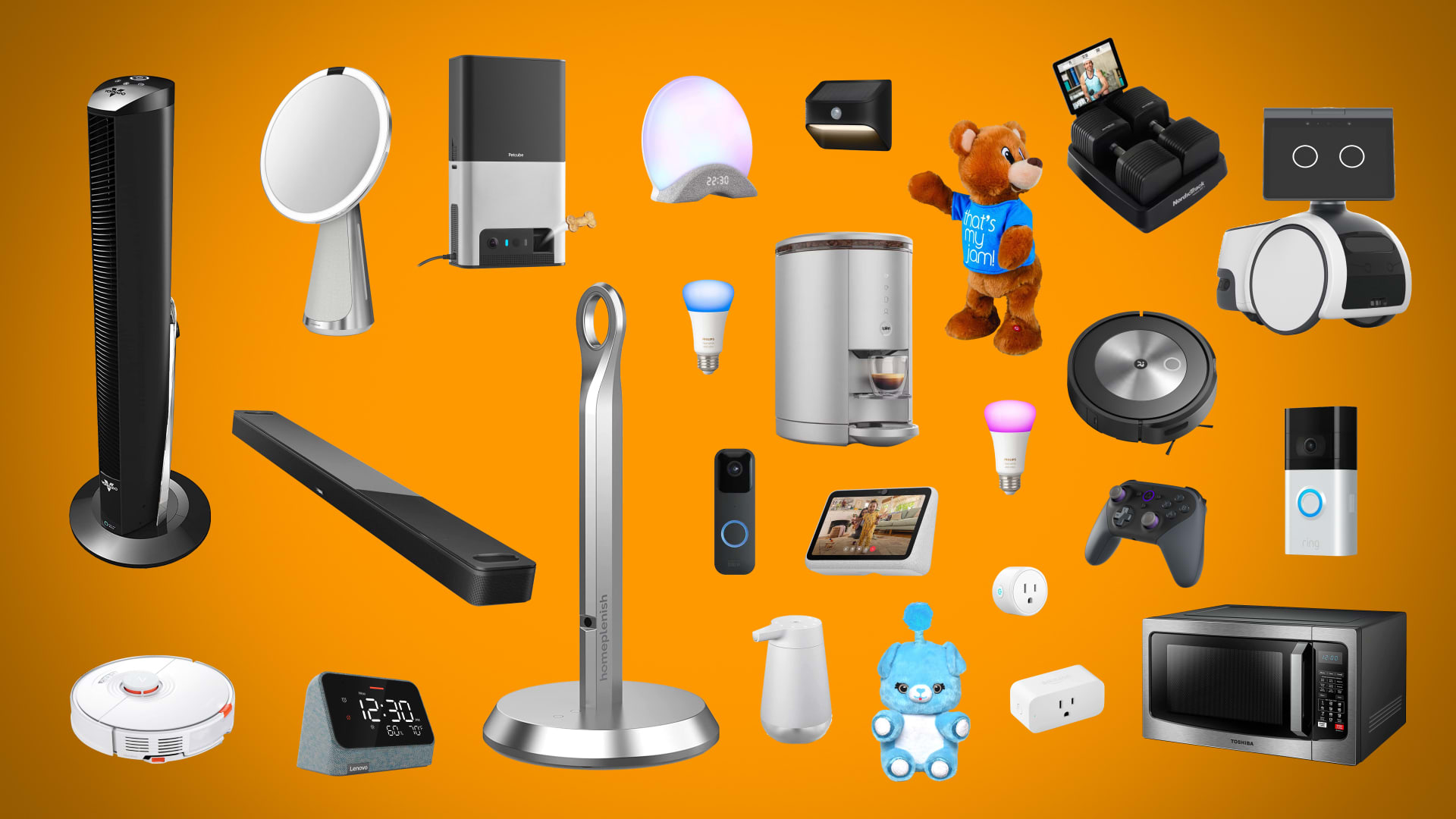Agencia 92: Your Source for Trending News
Stay updated with the latest insights and stories that matter.
Smart Home Devices: Your New Best Friends or Just Electronic Fads?
Explore if smart home devices are your ultimate companions or just trendy tech fleeting by. Discover the truth now!
Are Smart Home Devices Worth the Investment?
In today’s tech-driven world, smart home devices have become increasingly popular, offering a range of benefits that can enhance your daily life. These devices, from smart thermostats to automated lighting, provide convenience, security, and energy efficiency. According to a report by Statista, the global revenue for smart home devices is projected to reach over $100 billion by 2025. This surge indicates a growing interest in how these technologies can improve our living spaces. However, it's essential to weigh the upfront costs against the long-term savings and benefits.
Investing in smart home technology can not only lead to enhanced comfort but also result in significant energy savings. Devices like smart thermostats can learn your schedule and adjust heating and cooling accordingly, potentially lowering your energy bills by up to 15%. Furthermore, comprehensive security systems can deter break-ins, offering peace of mind when you’re away from home. As highlighted in an article by Forbes, while the initial investment might seem steep, the potential for savings, improved efficiency, and enhanced security make smart home devices a worthy consideration for many homeowners.

The Pros and Cons of Smart Home Technology
Smart home technology has revolutionized the way we interact with our living spaces, offering numerous benefits that enhance convenience, energy efficiency, and security. One of the primary advantages includes the ability to control various devices through a single platform, making it easier for homeowners to manage lighting, heating, and appliances remotely. Additionally, smart home devices often feature automation capabilities, allowing for routines that can save time and reduce energy consumption. With options for advanced security systems, such as smart locks and cameras, homeowners can monitor their property in real-time, providing peace of mind even when they are away.
However, there are some drawbacks to consider when integrating smart home technology. One significant concern is the potential for security vulnerabilities, as these devices can be susceptible to hacking and unauthorized access if not properly secured. Additionally, the initial costs of purchasing and installing smart technology can be high, and compatibility issues may arise between devices from different manufacturers. Lastly, reliance on technology means that any malfunctions or connectivity issues could disrupt your home’s functionality, creating frustration for homeowners who appreciate seamless operation.
How to Choose the Right Smart Devices for Your Home
Choosing the right smart devices for your home can significantly enhance your lifestyle, providing convenience and efficiency in your daily tasks. Start by identifying your specific needs and preferences. For example, consider the areas you want to automate, such as lighting, security, or temperature control. Make a list of the best smart home devices available, and prioritize those that align with your lifestyle. Additionally, it’s crucial to ensure that the devices you choose are compatible with each other. Products that work within the same ecosystem, like Google Home or Amazon Alexa, can make your smart home experience seamless.
Another important factor in selecting smart devices is considering the long-term investment and potential savings they offer. Many of these devices, such as smart thermostats or smart lighting systems, are designed to save energy and reduce utility bills. Before making a purchase, research consumer reports and reviews to gauge their performance and reliability. Additionally, check for regular software updates and support from the manufacturer to ensure that your smart devices remain functional and secure over time.